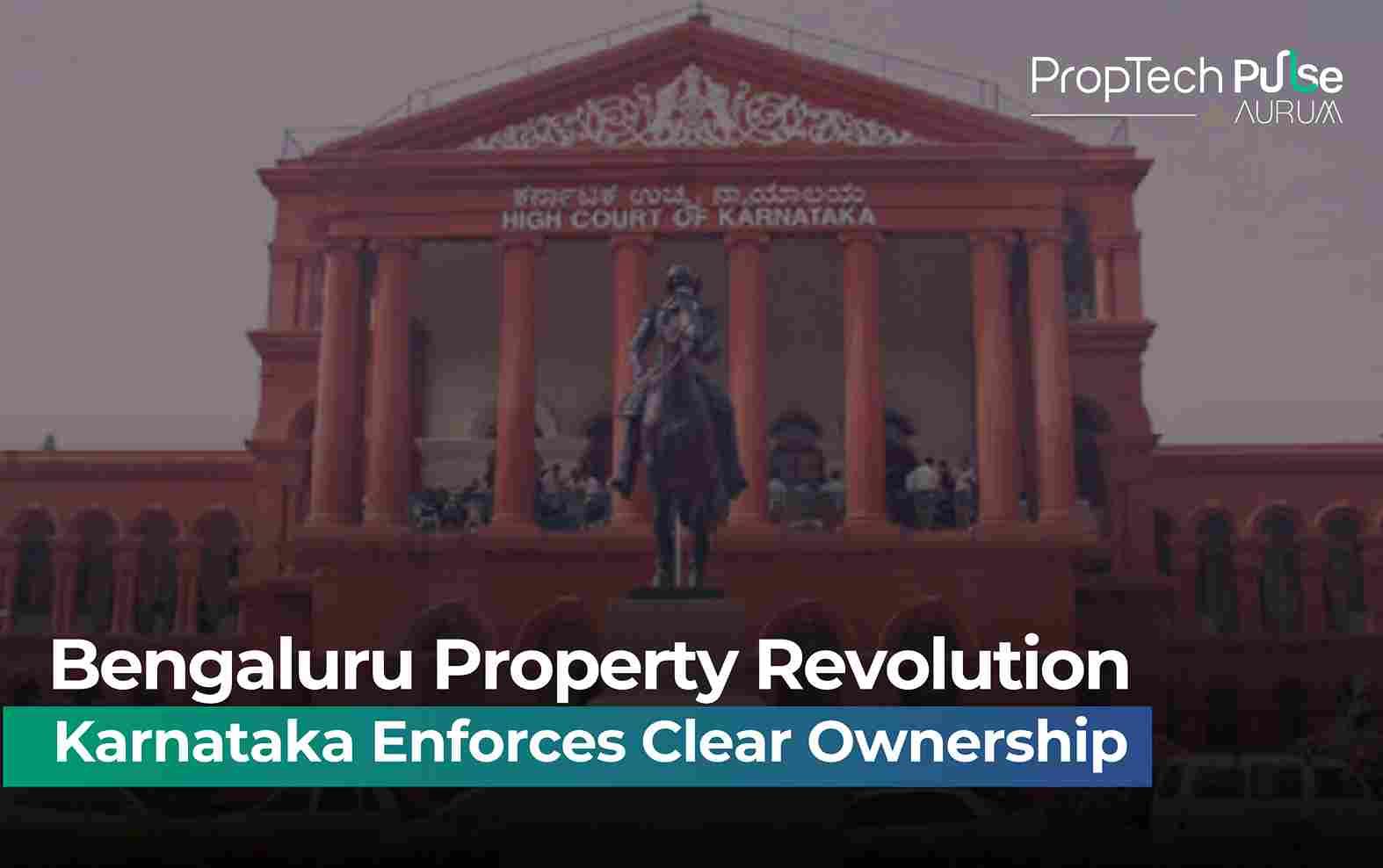
As Bengaluru’s real estate sector stands on the cusp of transformation, the Karnataka government is weaving a new story of transparency and order. The soon-to-be-implemented Greater Bengaluru Governance (GBG) Act promises to redefine the city’s property landscape, bringing clarity where confusion once prevailed.
A New Dawn for Property Documentation
With this landmark directive, the era of ambiguous B-Khata certificates is coming to an end. Post–September 30, 2024, any new property in the Bruhat Bengaluru Mahanagara Palike (BBMP) area must qualify for an A-Khata to be recognized as legal. The issuance of B-Khata certificates for newly constructed properties will cease, pushing nearly 600,000 properties into the formal tax system under the new Greater Bengaluru Authority.
Smarter Land Use, Smoother Urban Integration
With the GBG Act’s Section 212, private roads that connect to vacant plots can now be treated as public for planning purposes, smoothing out infrastructure bottlenecks. Agricultural lands falling under Revenue Survey Numbers—provided they’re inside the Revised Master Plan (RMP)—may be converted for city development without requiring the Deputy Commissioner’s green light, though a conversion fee will still apply. Once essential permissions under Sections 15 and 17 of the Karnataka Town and Country Planning Act are in hand, owners are free to develop these lands and attain A-Khata certification.
Discover more about urban land conversion at dtcp.gov.in.
What This Means For Existing Property Owners
- Properties already built on unauthorized layouts but not breaching zoning rules can now receive A-Khata certificates, as long as they’re not multi-unit developments.
- Multi-unit flats completed before September 30, 2024, could still be eligible for B-Khata if they have BESCOM approval, but with important caveats: B-Khata does not establish legal title or ownership, and such buildings remain open to government action if violations are found.
Stricter Oversight, Cleaner Governance
Penalties and tighter enforcement now await any structure found in violation under the GBG Act. Karnataka’s new policy aims to leave little room for ambiguity—streamlining property documentation and expanding the formal tax net while ushering in greater accountability. The ultimate vision: a city where every property is integrated, recognized, and administered fairly.
Unlock the Latest in Real Estate
News, Infographics, Blogs & More! Delivered to your inbox.
“Data that drives action. Insight that inspires action. Technology that empowers action.“
“Data that drives action.
Insight that inspires action.
Technology that empowers action.“









